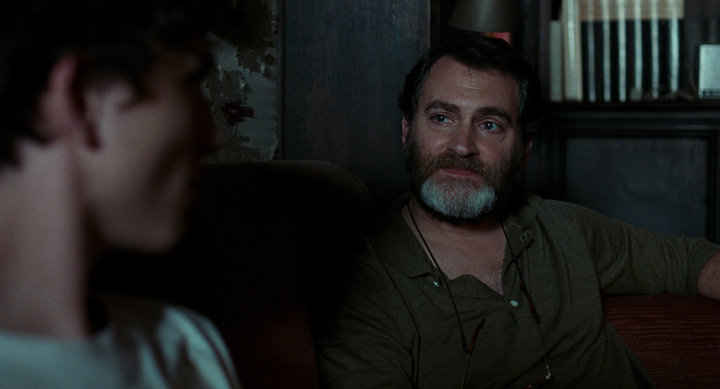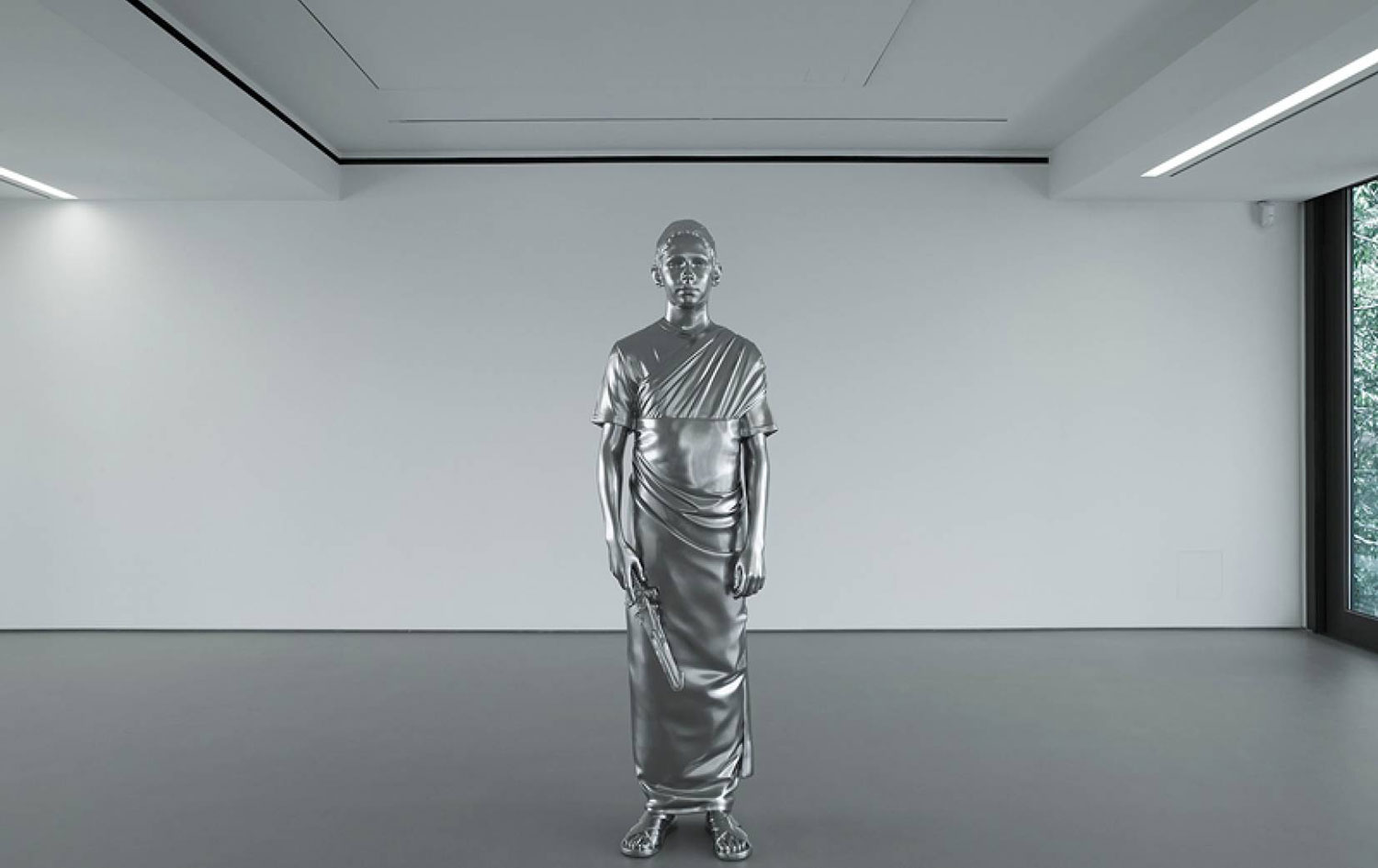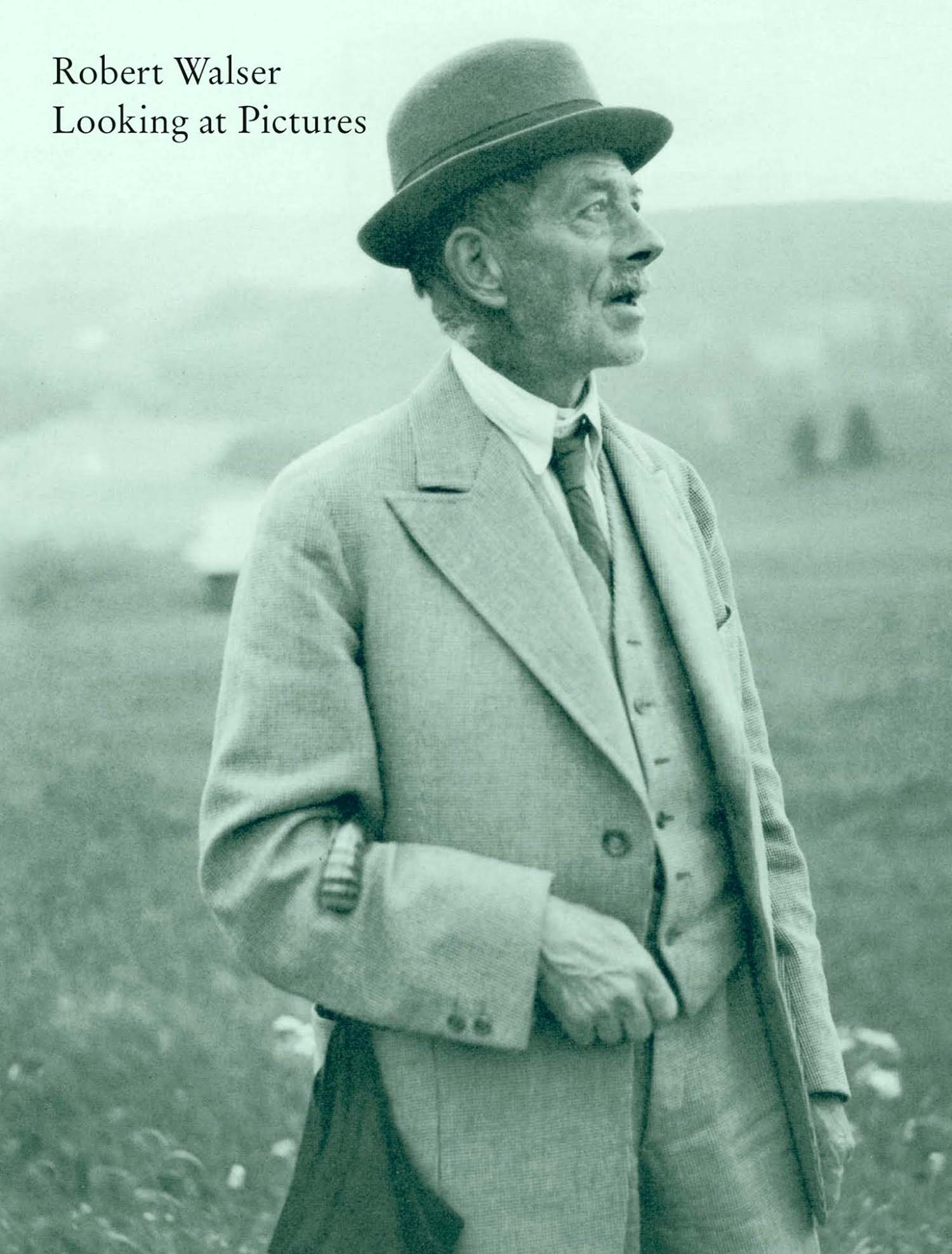Movie Night is a column exploring contemporary film semiotics and thoughts about moviegoing in general.

“How you live your life is your business. But remember, our hearts and our bodies are given to us only once. And before you know it, your heart is worn out, and, as for your body, there comes a point when no one looks at it, much less wants to come near it. Right now there’s sorrow, pain. Don’t kill it and, with it, the joy you’ve felt.” —Professor Perlman, Call Me By Your Name
The monologue at the end of Luca Guadagnino’s Call Me By Your Name has already attained somewhat mythic proportions. Fans of the film refer to it in shorthand as The Monologue or The Dad’s Speech. Warmly delivered by Michael Stuhlbarg, the actor who plays protagonist Elio’s father, it’s an affectionate gesture of understanding and passed-down wisdom. Stepping out of time, the words allay our conditioned concern for a queer character.
It’s also a peculiarly florid moment of dialogue in a film that otherwise keeps things casual, even when discussing Heraclitus or Bach. It’s supposed to be real, tender speech. Only, lifted directly from André Aciman’s novel, upon which it’s based, it doesn’t quite feel that way. It’s prose — purple prose, at that — and people don’t speak in prose. Not off the page, at least.

The general reaction to The Monologue has been unadulterated praise: for its emotional weight, its poignancy, its message. And yet, this isn’t how people talk. Guadagnino and screenwriter James Ivory’s decision to retain the monologue in its literary form is a telling sign of the type of verisimilitude they’re attempting here. It isn’t how people talk, but rather how they wish they had been spoken to. Coming as it does in 1983, and despite the film’s intellectually progressive setting for Oliver and Elio’s utopic love story, the speech is an anachronistic projection that takes the form of a retcon, an intrusion into the past. It has inspired scores of gay men to pay Call Me By Your Name a common compliment: it’s the film I wish I had when I was young.
A similar sentiment surrounds Greg Berlanti’s recent Love, Simon. The film tells the story of a well-adjusted though closeted teen, Simon, who begins an anonymous email correspondence with a fellow classmate (nicknamed Blue) who is also closeted. What follows sticks closely to the Hughesian template for teen romance flicks, but it is notable as the first studio-made film to feature a gay protagonist in high school. Troye Sivan, a young, openly gay singer, who appears on the film’s soundtrack, highlighted this historic aspect in a tweet on February 2nd, writing, “Had I seen that movie when I was twelve, I thoroughly believe it would’ve changed the shape of my life.” Almost anticipating the “how?” that naturally follows such a declaration, the twenty-two-year-old millionaire adds, “or at least made me feel a little more at ease!”

What then to make of the desire to correct the past, to impart upon it a more coherent and supportive design? The very need for this desire is a bit baffling: queer cinema didn’t begin in 2018, and if gay boys managed to find Come Undone (2000) and Hedwig and the Angry Inch (2001) before the advent of streaming services, what void would Love, Simon and Call Me By Your Name be filling? Peter Debruge notes in his review of Love, Simon for Variety that it’s “precisely the kind of movie its main character so desperately needs,” a somewhat tragic, Sisyphean notion that nevertheless suggests that this is more an issue of style than substance. Berlanti acknowledges as much in an interview with Vanity Fair: “People are used to seeing two guys kiss on their TV set and in their art-house cinema. But it’s not really been in their AMC [theater] and treated as any other thing.”
Both Love, Simon and Call Me By Your Name attempt to thread the needle between a play for universality and the specificity that any coming-out story requires (which is, to Simon’s disappointment, not a universal experience). Both films make structural choices that lead us toward that universality, though often at the expense of the details that heterosexual films and niche gay films — burdened neither by the mark of difference nor mass appeal — use to ground themselves in reality.
The central narrative device in Simon vs. the Homo Sapiens Agenda, the novel by Becky Albertalli upon which Love, Simon is based, is the mystery of which of Simon’s classmates he’s writing to and simultaneously falling in love with. That tension could have easily been spoiled by the film’s stylized efforts to make email correspondence compellingly visual. So to keep viewers guessing who his mystery pen pal may be, the film enlists different actors to read Blue’s letters throughout the film, depending on who Simon believes him to be at that moment. It’s a clever trick but one that ultimately ends up undermining the central love story. The film does such a good job at convincing us that it could be anyone, that by the time the climatic reveal arrives we’ve been shortchanged the details of a love story for the fact of one. “It could be anyone” doesn’t exactly describe a great romance.
There comes a point near the end of the film when the plot seems to be building toward a more modest proposal: that Simon may never discover Blue’s identity and that he’ll have to find love elsewhere. It’s a reasonable enough conclusion, as he hasn’t spent meaningful time with any of the potential Blues — at least not enough for the audience to be rooting for anyone in particular. But the director and writers are intent upon on giving us what they believe we deserve to see, so much so that the reveal feels arbitrary, a deus ex machina against the natural drive of the story. Like The Monologue, it too comes from some extra-narrative place.
Both films eschew traditional verisimilitude; they show us not how things are, or how things were, but how things ought to have been (Simon’s mother, played by Jennifer Garner, even gives her own heartfelt version of The Monologue). As such, they function as phantoms of the films we instead had to subsist upon in our own youth. Simon may have his own film to show him the way, but we were left to queer the high school tales of John Hughes or the slender, fleeting romances of Eric Rohmer that have clearly influenced Berlanti and Guadagnino. The latter goes so far as to restage the volleyball game from Claire’s Knee (1970).
“The personal lexicon we bring to a film … is our surest and most trusted reason for claiming it a masterpiece,” Andre Aciman wrote in a 2013 essay for The American Scholar about Rohmer’s 1969 film My Night At Maud’s. He goes to great depths in describing his life surrounding the moment he stumbled into an Upper West Side theater to view it, in the early 1970s, as a young, brokenhearted man.
Aciman, as a straight man, identifies easily with Rohmer’s films via the encoded bias of cinema that Call Me By Your Name and Love, Simon hope to correct. Rohmer’s films invite this type of rapport through their style and structure. To us, the narrative unfolds at an ambling pace, the camera timidly hovering around a cramped apartment or steadily observing the commotion of a public beach. We aren’t given the appropriate cues or cuts, and characters blather on without reverence for plot or tension. Instead, viewers must find secondhand evidence through the characters’ own quests for structure, a recurring theme. Rohmer’s films are a coincidence of design: old friends run into each other on the street, brief glances become enduring friendships, and vacations from the everyday become the everyday itself. In the absence of a more typical emotional structure, viewers tend to read all the cues at once. A monologue is both profound and obnoxious. Someone may be sharing themselves, but no one else is paying attention.
Within this loose, quotidian form, Aciman sees his own life. Trivial conversations become potent. His unexciting romances feel cinematic. Even the act of ducking into the theater alone to watch My Night at Maud’s becomes a part of his own personal film. Casting a retrospective glance, he is “replaying his life in the key of Rohmer.” Call Me By Your Name and Love, Simon succeed in this act of reflection: seeing a queer character on screen, one imagines one’s own life as a film.
But Aciman describes an inverse transaction, one that completes the exchange between film and viewer: Rohmer seems to be borrowing directly from Aciman’s own life, so exact is his verisimilitude. Rohmer has, he writes, “borrowed my night for an hour or so … given [it] a rhythm, an intelligence, a design, and then projected it onto the screen while promising to return it to me after the show … so that I’d have my life back, but seen from the other side — not as it was, or as it wasn’t, but as I’d always imagined it should be, the idea of my life.” Again, how things ought to have been. This is, he admits, a misreading of Rohmer, and of his own life, but one made possible by the distance Rohmer keeps from his own films: upon that space, Aciman can impose his personal lexicon.
Aciman highlights Rohmer’s reliance on the intimacy of conversation to fuel the eroticism of his films. But his own novel is rife with carnal expression: eyes darting down to trace the outline of a hard-on through shorts; masturbating into the disembodied avatars of swim trunks; and, yes, fruit. Guadagnino’s film, however, plays coy with both methods, opting to turn torture to teasing and consummation to suggestion.

In another of Rohmer’s films, Le Rayon Vert (1986), the heroine Delphine floats through holiday retreats while trying to relax. She’s too insecure to settle in one place, and her inability to vacation properly tells us of her inability to live confidently. While the film itself has some rigid constraints — we’re told what day it is before a new scene begins — within those constraints it yawns and stretches and hums. Delphine meets an assortment of characters but we’re never told which to hate or love, who to root for; she herself doesn’t know. This ambiguity, which in Love, Simon led to a shrugging apathy, here feels more like the ambiguity of life itself. The structural and moral imposition of Love, Simon is that he has to find somebody, anybody; in Le Rayon Vert we are left without all the standard signifiers upon which we rely for a film to tell us where we are going. So instead we watch Delphine roughly craft this structure for herself.
She is looking for it in the form of the “green ray,” Jules Verne’s mythic light that reveals one’s own thoughts and those of all others. Only by breaking through the impenetrable minds of those around her will she make them cohere. We need her to find it too; without it we’re left just as formless.
Both directors share an affection for classicism and the apolitical: Rohmer’s disinterest in the protests of 1968, for instance, and his vehement rejection of socialism in Cahiers du cinema; or Guadagnino’s purposeful omission of AIDS in Call Me By Your Name (he went so far as to move the setting of the film from 1987 to 1983 to de-emphasize the crisis, though if he were taking liberties he might as well have moved the action further back).
Rohmer’s characters, however, affect a sort of comedy of aloofness; they are pitiable in their apathy and their actions (taking middle-class holidays for example). They are not inherently political, and in fact this is key to our identifying with them. Oliver and Elio have no such luck: falling in love with another man is as political in 1983 as it is in 1987, just as it is all the way up until Love, Simon tells us that it’s all okay.
Guadagnino and Berlanti’s films both lose the details that complete the exchange. Their stated attempts at universality bridge the distance, and the dual substitution Aciman describes in My Night At Maud’s is only half complete: we replay our lives in the key of Guadagnino or Berlanti, but they know where they’re going, tell us as much, and expect we follow along. The fantasy of The Monologue comes down from above — it travels from 1983 to 2018, narrowing time and hardening structure. The retconning asserts itself: Jennifer Garner looks into the past and sees the benevolent face of Michael Stuhlbarg assuredly nodding, and it’s as if she never had to wonder about the right words to say. She has found them before she ever had to look. They do not borrow from our own lives but rather from each other, from a shared notion of what must be spoken and how.
When staring out into the fire at the end of the film, Timothée Chalamet’s Elio is making sense of his own story. He may be looking for the green ray himself — and he may find it — but it’s not ours to share.



